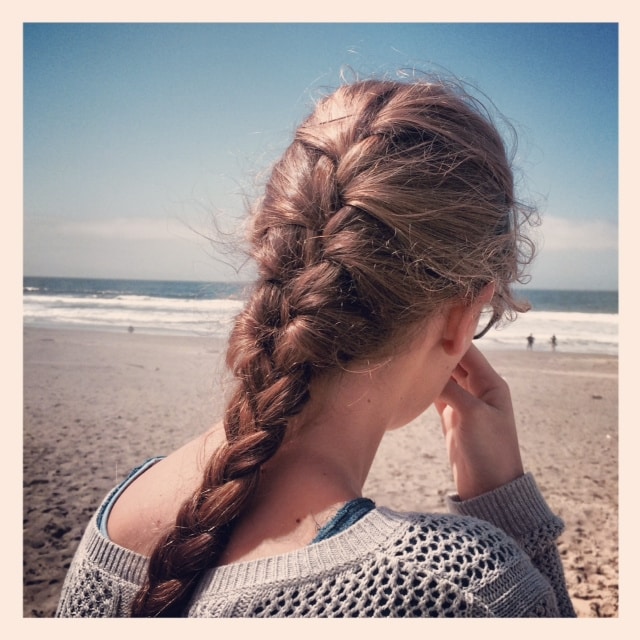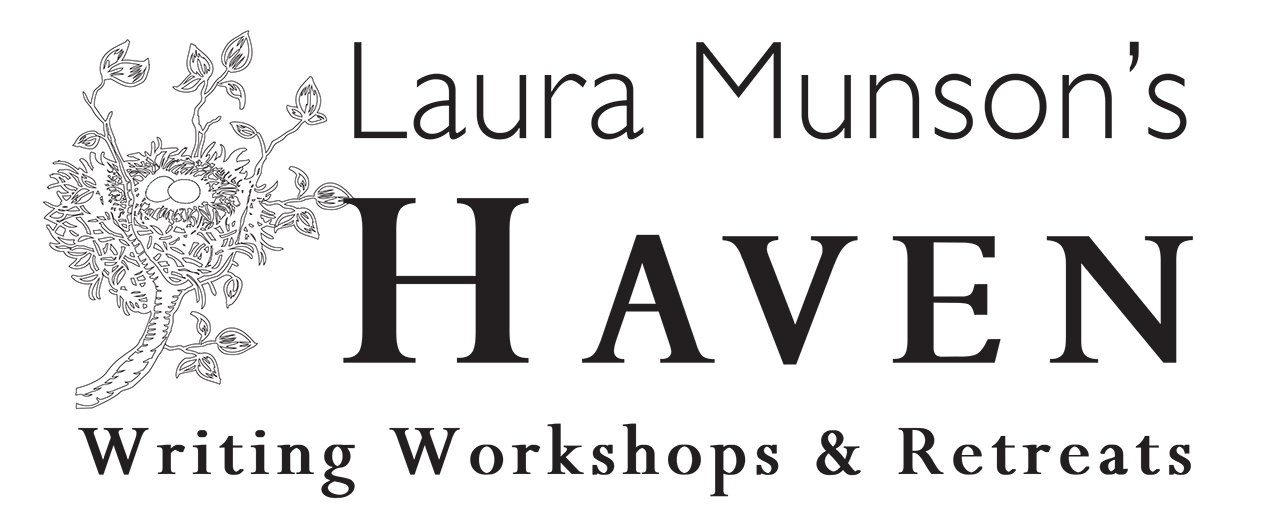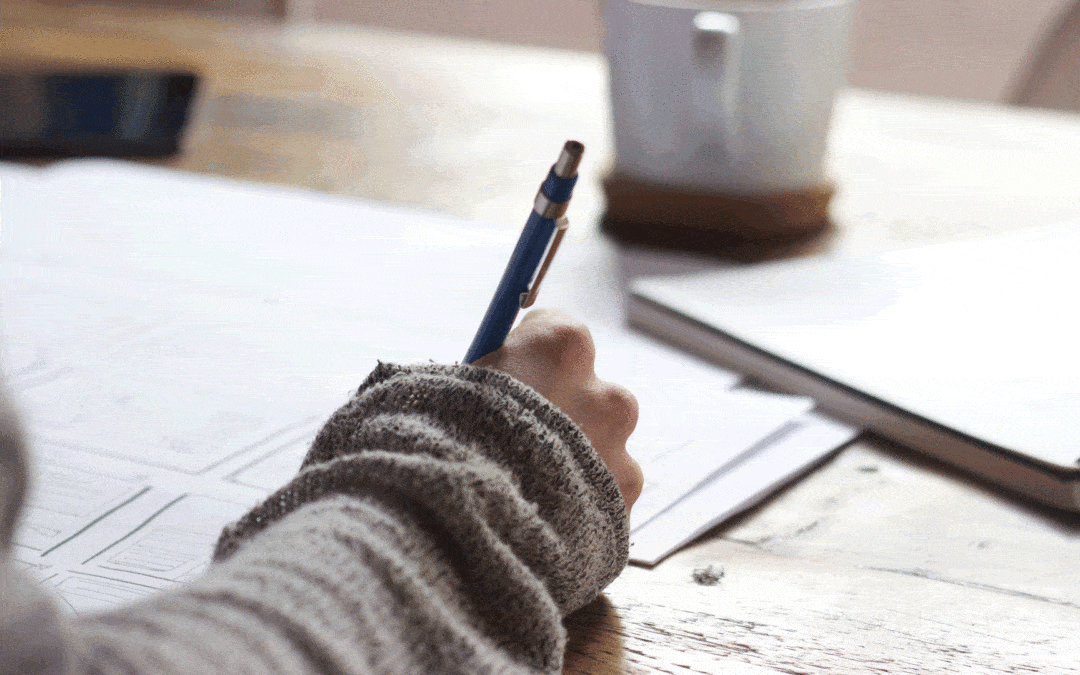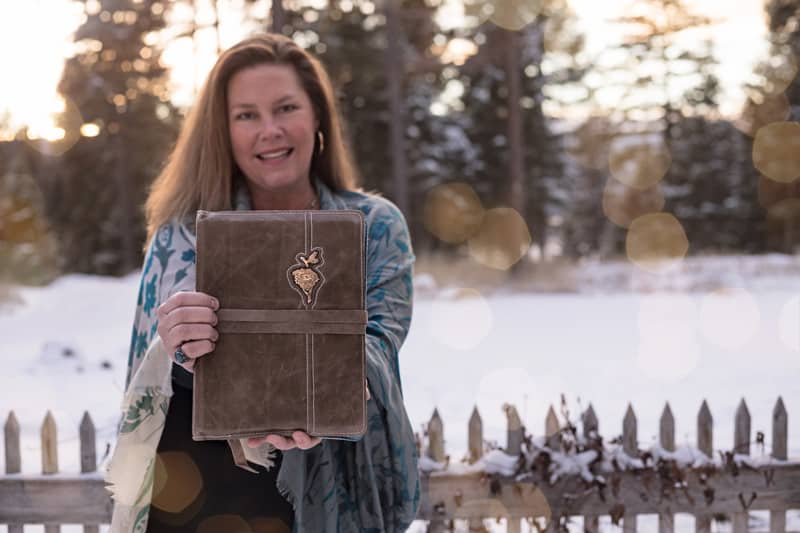
Haven Summer Blog Series #4: The Pandemic and Me
Here are the last three short essays from Haven Writing Retreat alums in our Pandemic and Me Series.
We hope that you will be inspired, and mostly that they help you know you are not alone. We’re not going for talking points or even wisdom. We’re going for truth, whatever that means for each author.
You might consider writing your own. The only writing prompt I gave them was this: The Pandemic and Me. 800 words. Go for your truth.
I invite you to do the same! Writing is the best tool I know in the realm of preventative wellness, self-awareness, letting go, and dreaming your future alive. Writing heals. Telling our stories heals. Reading heals. I hope these essays will help heal you.
To that end, my next So Now What online Workshop will be on Sept. 13th from 10:00-3:00 MST. For more info and to register, click here.
For more information re: my future events, workshops, book readings, online course and community, and other opportunities, sign up for my newsletter on the home page.
Yours,
Laura
My Last Hug
By Diane Hartman
Because of Covid-19, the last time I was hugged was on March 1, 2020 when Livingston Taylor, James’s younger brother, grabbed me by his long, thin, guitar-playing hands and pulled me into an affectionate bear hug. He was a great hugger, genuine and truly grateful that, as he said, “you drove all the way down here from Indianapolis by yourself to see me play.” He signed my copy of his first album, fifty years old now, and we laughed as we compared his full head of long hair on the album cover versus his receding hairline now. “Well, in all fairness,” I added, “I’m not exactly a natural blond, you know. The color helps to hide the gray.” We talked about how quickly time flies, how fortunate we are to still be on this planet doing what we love –he, a successful musician and teacher at the Berklee College of Music and I, a retired librarian now able to devote time to writing–and how, as we grow older, we take less for granted. It was the perfect ending to an evening filled with his music and gentle, humorous banter at a restored movie theater in Bloomington, Indiana. News about this strange new virus in China snaking its way into our country was not on our radar. It was out staged by our president’s impeachment hearings and by the tragic death of a basketball superstar. We thought nothing of eating in crowded restaurants and attending concerts in packed auditoriums. I had no idea that within a few weeks I would be self-quarantined from my family and friends for the next three months, that going to the grocery store would be like a post-apocalyptic experience, and that my high need for solitude would reach an oversaturated boiling point I never dreamed possible.
I think about that hug from Livingston Taylor often and how good it felt as I sit isolated in my comfortable home and dream of being hugged once again by my grandchildren, my daughters, my friends, and maybe even strangers. I think about how naïve Livingston Taylor and I were that night. Did we really have any understanding about how fortunate we were, about not taking things for granted? I can’t speak for him, but I can’t comprehend the enormity of 160 thousand plus deaths in a country that is supposed to have one of the best health care systems in the world. I can’t understand our government who mishandled the pandemic so badly. How has personal opinion come to supersede scientific fact? I never thought of myself as racist until, in the midst of the pandemic, the murder of George Floyd forced me and so many other white Americans to examine our assumptions about what it’s like to be a black person living in America.
I’m retired. I have a guaranteed income and health insurance. I’m so much more fortunate than those who are raising families and have lost their jobs. I know this, and I do what little I can to help–donate some of my stimulus check, give to local food banks, advocate for justice. I know that’s something, but I feel it’s not enough.
Everything is on hold. Nothing can be planned in advance unless it’s scheduled to be held remotely. There’s an underlying feeling of what Thoreau called “quiet desperation.” We can’t be certain, no matter what precautions we take, that we’re safe. And we don’t know what the long- term effects will be of the precautions we are taking. How will remote learning affect our children’s education, what are the long-term effects of contracting Covid-19?
So, I search for something in my isolation to give me comfort and hope, and, as I usually do when I’m troubled, I turn to musicians and poets—Debussy, James Taylor, Wendell Berry, Emily Dickinson and so many others. They don’t disappoint. The strains of Debussy’s “Clair de Lune” and James Taylor’s soothing voice and guitar encouraging me to “tend your own fire, lay low and be strong” are flowers for my soul, and Wendell Berry’s poem, “The Peace of Wild Things” allows me to “rest in the grace of the world” for just a moment. I turn to these when I long for the feel of that bear hug that, for now, as Emily Dickinson states, is “over there, behind the shelf the sexton keeps the key to.” The shelf is unlocked and for a fleeting instant my heart opens and blows all thoughts of the virus away. I cling to that moment like a swimmer caught inside the calm of a huge wave before the wave rolls over, thrashing against the shore.
Diane Hartman is writing a memoir about her solo journeys on Ireland’s back roads. She is a retired librarian and educator who lives in Indiana with her dog, Corey.
HOME LIPOSUCTION
by Ginger Garett
I was sitting around minding my own business when my attention was drawn to a spam e-mail entitled “Home Liposuction.” Since I saw that, I have been unable to think of anything else. It has become my Holy Grail. I used to think my calling in life was to ensure civil rights and equal justice and all that. But now I know, that I was put on this earth to perfect a system of room service fat removal in the comfort of one’s own home. No more intermittent fasting. No more keto or paleo or worse. Eat what you want and then have it sucked right out like it never happened. But I have to figure out how to make a fat sucker.
I start in the bathroom. I have a first aid kit there and hygiene has to be of the utmost importance. I need a mechanical device. Some sort of pump. I look at everything in my bathroom that has a battery. I check out my electric toothbrush. It has different speeds but nothing that would extract. It would only spin the fat into a cellulite ball. Ah…the water pik. Now that’s a real possibility. Maybe I could obliterate the fat on the highest setting. Kind of like power washing. But with as much fat as I have it would probably take the pressure of a fire hose and not a nice little gum irrigator.
I try the kitchen. Lots of appliances in here. I start opening drawers and cabinets and pull out anything that plugs in or makes noise. The can opener seems rather violent even though the magnet is tempting. The hand mixer looks promising, but I realize it would probably just perform some kind of abdominal lobotomy. And then, my eyes land on the prize. A brand new, barely operated, apple-red, Vitamix. So many functions. Blend and chop. Puree. Crush. That’s what I want. I want to crush that blubber into a liquid primordial ooze. But I need an entry point. What would lend itself to the best access? I’m fresh out of scalpels. I got knives but none of them will even cut mashed potatoes. They are duller than Ivanka Trump without her big white Max Mara purse.
Then it comes to me. The tools are in the garage. I wasted all this time trudging through the amateur devices. The garage has the serious elimination stuff. I can barely stand the anticipation as I view the wall of power tools. Mounted. All turned in the same direction. From biggest to smallest. Left to right. Perfectly organized like a fine gun collection. I knew that hiring those closet organizers would pay off. A drill would be perfect. Quick. Precise. And a minimal breech. With a drill you could be in and out before they knew it. Kinda like getting your ears pierced. I’m thinking of going in through the belly button. Different drill bit sizes for different buttons. Now to find an extractor. Leaf blower. Lawn edger. Weed whacker. And there it is, standing alone, as if already on a podium to be recognized. A heavy duty, shiny silver, gadget-loaded shop vac. And for those of you who have used a shop vac, you know the best part. It not only sucks, it pumps. You can attach a hose and turn the vacuum into a pump for the rendered fat. It’s brilliant.
I thought about a siphon but couldn’t imagine a mouthful of fat globules. You can’t siphon gasoline without getting it in your mouth. I expected it would be the same with the beef and bacon and heavy cream residue. Maybe it tastes good going in. But after it sits there for a while and congeals. Enough said.
It seems simple enough. Drill a small hole and insert a small tube which is connected to the almighty shop vac-turned pump. Plug that baby in and hit the on switch. The tricky part is to only get the designated material to come out and to make sure you leave all the good stuff inside.
I know it’s too late to completely avoid the Covid carbs. I saw all of you during the past three months just stuffing your mouths with anything that had the tiniest bit of comfort in it. You justified it. You glorified it. You fried it. And now you just don’t want to deal with the consequences. But I have a solution. Home Liposuction in your home or mine. I do charge extra for house calls. Just lie down on your back and relax. This will be over before you know it. You want a glass of wine while I work?
The Pandemic and Me…
by Heather Higinbotham
We are six months into this surreal alternate reality none of us thought we’d ever experience in our lifetimes. I was ignorantly optimistic that it would be short lived; I thought life would pause for a few months, we would enjoy some family time together at home, and our daughter would still go on her summer study abroad trip. I assumed everyone would follow guidelines and science and do the right thing.
In some ways, COVID hasn’t felt that different. We’re homebodies. I looked at staying home and taking it seriously as bonus time, where I could stay on top of laundry and be with my family and live in stretchy pants.
My imagined bliss was fleeting. While many slowed down, I had less time than before, working from home full time with the added distractions and stress of pandemic schooling a teenager and the immense emotional toll of supporting everyone’s mental health support. Some of my days off work were filled with new recipes and long walks and beautiful connection. Many days it was all I could do to keep everyone fed and binge watch Netflix. My “me” time has been reduced to every other Friday between 7:00-9:00 a.m.
Pre-pandemic, I had finally gotten to a place of consistent self-care, healing, and recovery work. Now, my mental capacity to focus on self-care is transient. Most days I find myself zoning out, thinking about nothing or everything, confused at the sight of baseball tournaments or the mask debate or the continued increase in cases. Certainly not doing anything resembling self-care.
I realize now I’ve been telling myself the absurd lie that COVID isn’t affecting me, not like it’s affecting others. Perhaps I’ve been simmering in undertones of existential dread for too long, to believe I was unphased by a global pandemic. I already lived my life in a perpetual state of stress and trauma, recovering from a decade of abuse and C-PTSD and raising a kid with C-PTSD. I spend my days (and sleepless nights) dumbfounded that humanity can’t be bothered to lift a finger to address climate change, the greatest threat humanity in our lifetimes has ever faced, because it’s too inconvenient or expensive or hard. I watch with horror as America figuratively and literally burns before our eyes, succumbing to systemic racism and cracks in the lies of capitalism and climate change-fueled wildfires and super storms. Why not a pandemic too?
What remains the most difficult is reckoning with the guilt I am feeling. Guilt that I have so much privilege I can move through a pandemic without it completely upending my life. Until I or those close to me get sick, COVID is a mild inconvenience: I have a full pantry and freezer, access to technology and the Internet, a secure job, and can work from home.
I feel guilt over my white privilege and a statistically lower chance of COVID destroying my world. Guilt that I am so far removed from the debilitating reality that so many are unable to survive. Many have never experienced this level of uncertainty before. Some feel it every day, a constant hum or deafening, debilitating roar. Poverty, systemic racism, industrial pollution in black and brown communities, instigated violence at Black Lives Matter protests.
I feel guilt about my morbid fascination with checking the COVID dashboard every morning, a mix of dread and giddy anticipation, a gut feeling this is going to get exponentially worse. Let me be clear: I do not want people to die. But it is painfully evident that without a catastrophic upset to life as we know it, there is zero hope of implementing the changes in our culture that are needed to dismantle institutional racism, act on climate change, restore democracy, and look to leadership to handle the next highly infectious and deadly global pandemic.
In many ways, the pandemic has been a gift. It’s proven that we have the capability to slow down, to reconnect, to drastically reduce our carbon emissions. We just don’t have the political will. I dread the tragedies of COVID-19 will be nothing more than a heartbreaking, gigantic missed opportunity for humanity; that the desire to go “back to the pre-COVID world” will overpower the ability to create a better, more equitable world, and our current problems will amplify, eventually extincting life as we know it. That (as of this writing) the 851,154 people who have died from COVID-19, a handful of them dear friends, will have died in vain, from incompetence and partisanship and greed, not for the purpose of bettering our world.
Will this pandemic be the perfect storm that catalyzes systemic change? Or will it sink the entire fleet? They say hindsight is 2020. Will it be this time?



Recent Comments